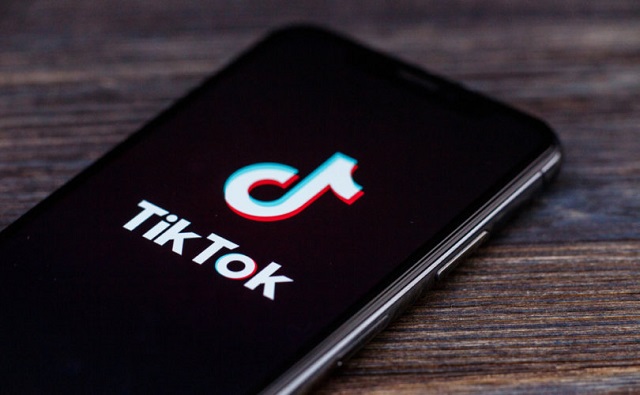From The Center Square
“So we’re going to have an order on that pretty soon – we can’t do that to our farmers and leisure too, hotels, we’re going to have to use a lot of common sense on that.”
President Donald Trump said Thursday that changes are coming to his aggressive immigration policies after complaints from farmers and business owners.
“Our great Farmers and people in the Hotel and Leisure business have been stating that our very aggressive policy on immigration is taking very good, long time workers away from them, with those jobs being almost impossible to replace,” Trump wrote in a social media post Thursday morning. “In many cases the Criminals allowed into our Country by the VERY Stupid Biden Open Borders Policy are applying for those jobs. This is not good. We must protect our Farmers, but get the CRIMINALS OUT OF THE USA. Changes are coming!”
Later Thursday, Trump made it clear that businesses need workers.
“Our farmers are being hurt badly. They have very good workers – they’re not citizens, but they’ve turned out to be great. And we’re going to have to do something about that,” the president said.
He added: “We can’t take farmers and take all their people and send them back because they don’t have, maybe, what they’re supposed to have.”
Just how Trump may change his approach to immigration enforcement remains unclear, but he said he wants to help farmers and business owners.
“You go into a farm and you look and people, they’ve been there for 20 or 25 years and they work great and the owner of the farm loves them and you’re supposed to throw them out. You know what happens? They end up hiring the criminals that have come in, the murderers from prisons and everything else,” Trump said.
Trump said changes would be coming soon, but gave little detail on how policies could change.
“So we’re going to have an order on that pretty soon – we can’t do that to our farmers and leisure too, hotels, we’re going to have to use a lot of common sense on that.”
In a later post on Truth Social, Trump said illegal immigration had destroyed American institutions.
“Biden let 21 Million Unvetted, Illegal Aliens flood into the Country from some of the most dangerous and dysfunctional Nations on Earth — Many of them Rapists, Murderers, and Terrorists. This tsunami of Illegals has destroyed Americans’ Public Schools, Hospitals, Parks, Community Resources, and Living Conditions,” the president wrote. “They have stolen American Jobs, consumed BILLIONS OF DOLLARS in Free Welfare, and turned once idyllic Communities, like Springfield, Ohio, into Third World Nightmares.”
He added that deportations would continue: “I campaigned on, and received a Historic Mandate for, the largest Mass Deportation Program in American History. Polling shows overwhelming Public Support for getting the Illegals out, and that is exactly what we will do. As Commander-in-Chief, I will always protect and defend the Heroes of ICE and Border Patrol, whose work has already resulted in the Most Secure Border in American History. Anyone who assaults or attacks an ICE or Border Agent will do hard time in jail. Those who are here illegally should either self deport using the CBP Home App or, ICE will find you and remove you. Saving America is not negotiable!”









